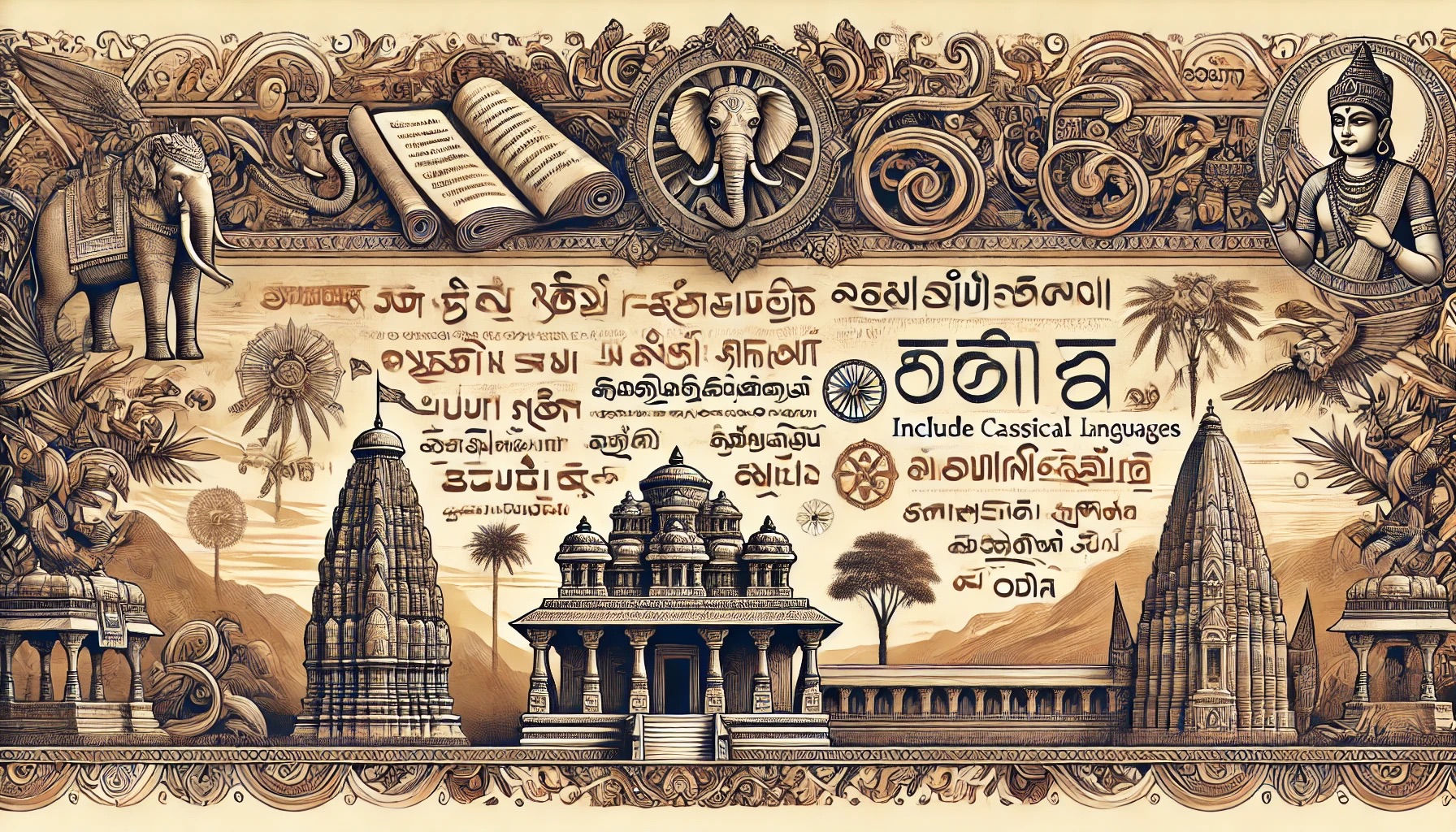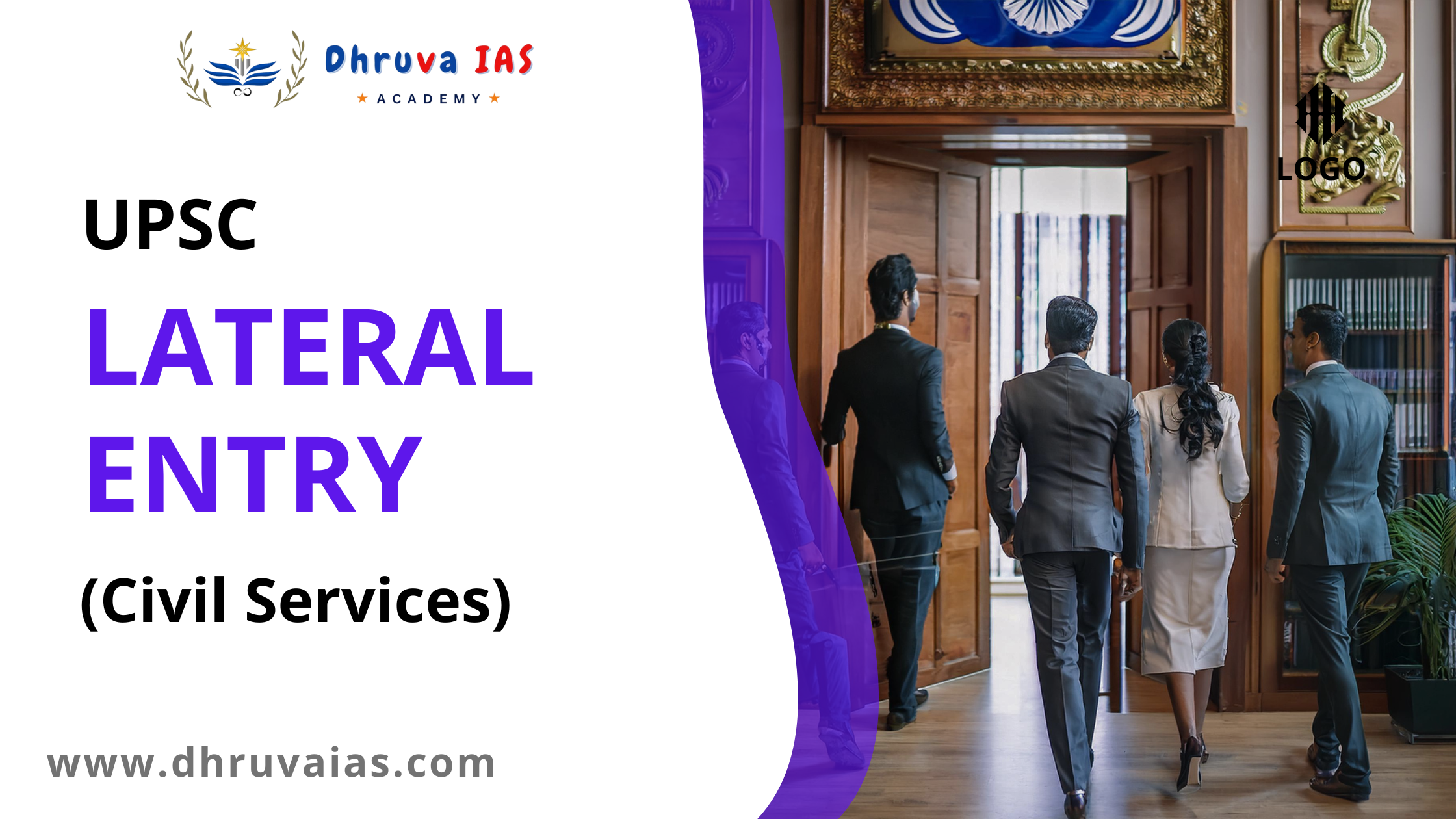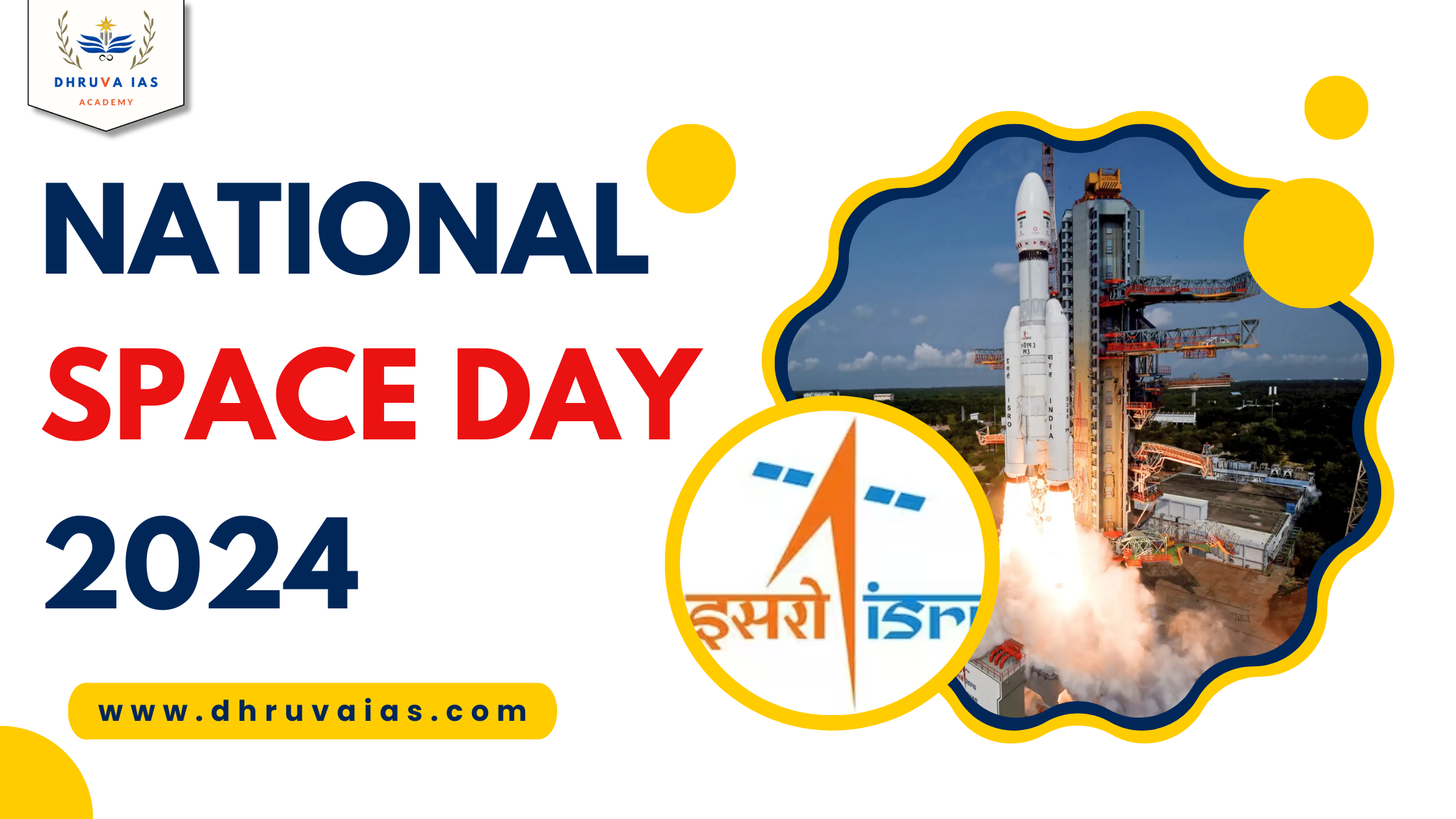Ethics Case Study - 1
Ethics Practice Case Studies
In the competitive arena of civil services examination preparation, mastering ethical conduct stands as a critical pillar for aspiring candidates. Beyond mere academic prowess, success in this field demands a profound commitment to ethical principles and moral integrity. Recognizing this, the inclusion of ethical case studies becomes not just beneficial but essential in the journey of aspirants. These case studies serve as potent instruments for refining ethical decision-making skills, immersing candidates in real-world scenarios reflective of the challenges awaiting them in public service. In this post, we embark on a comprehensive exploration of an exclusive ethical case study curated explicitly for civil services examination aspirants. By delving into intricate ethical dilemmas and offering strategic insights, our aim is to empower candidates with the tools needed to confront and resolve complex moral quandaries with clarity, integrity, and astuteness. Join us as we unravel the intricacies of ethical decision-making in the context of civil services, equipping you for success in both examination halls and the corridors of public service.
Case Study - 1
You are a senior official within the Ministry of Human Resource Development, entrusted with overseeing educational policies and initiatives. The Ministry is currently implementing a nationwide program aimed at improving access to quality education for underprivileged children in rural areas. Extensive planning has been undertaken to identify regions with the greatest need and to allocate resources accordingly. The program emphasizes inclusivity and aims to narrow the gap between urban and rural educational institutions.
However, during the program’s implementation phase, it surfaces that certain private educational institutions, including those affiliated with influential politicians, are receiving preferential treatment in terms of funding and regulatory exemptions. These private schools, often serving affluent urban students, are benefiting disproportionately from government funding while neglecting the dire needs of rural schools lacking basic infrastructure and resources.
Further investigation reveals that several politicians with vested interests in these private schools have exerted undue influence on resource allocation, diverting funds away from the intended beneficiaries of the program. Additionally, conflicts of interest arise when it is discovered that some Ministry officials have familial ties or financial stakes in these favoured private institutions, raising questions about impartiality and transparency in decision-making.
In this scenario, you, as a senior official, are approached by some high-ranking politicians who offers you a lucrative position under present government. They hint at the potential for substantial financial gain and career advancement if you cooperate, but also suggest that resistance could lead to professional consequences.
- What are the ethical dilemmas involved in the given case study?
- Critically evaluate all the available options at your disposal.
- What should be the right course of action?
Academy
Dhruva IAS Academy was founded with a vision to provide top-quality online coaching for Civil Services aspirants. With years of experience in the education sector, our team of experts understands the challenges faced by students preparing for one of the toughest exams in the world.
Features
Most Recent Posts
- All Post
- Current Affairs
- Ethics
- Sociology
- Back
- Case Studies
- Back
- Daily Current Affairs



